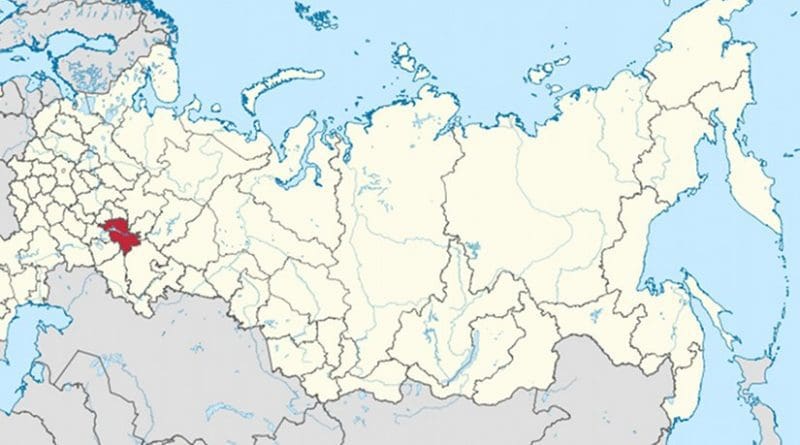Kazan Intellectuals Call For Creating An All-Russian Tatar Party – OpEd
By Paul Goble
Given the Tatarstan government’s unwillingness to resist Moscow’s pressure and despite federal laws against ethnic and religious parties, several leading intellectuals of Tatarstan are calling for the creation of an All-Russian Tatar Party to mobilize Tatars within the republic and beyond its borders.
Rafael Khakimov, the former advisor to Mintimir Shaymiyev and long-time director of the Kazan Institute of History, has been promoting this idea; and it has generated widespread discussion on social networks. Now, commentator Ramzil Valeyev has laid out his support for such a move in an article for Business-Gazeta (business-gazeta.ru/article/367179).
“Everyone knows,” Valeyev begins, “that it is impossible to organize a party of a purely national type” or even a regional one. “But never the less, party construction in the interests of the republic and the Tatar people are important because the existing parties and their divisions … live in their own closed world” and ignore outsiders, including the Tatar nation.
Someone needs to begin defending the interests of Tatarstan and of the Tatars of Russia as a whole, “especially now” when the nation finds itself in such a difficult situation. And the numbers of people involved, including those married to Tatars and those who live among them, are far larger than many think.
But “alas” the number of Tatar speakers is declining and some in Moscow like Valery Tishkov and Olga Artemenko think that those who give up the language should change their ethnic identity because to do anything else is a mark of separatism and a threat to the territorial integrity of the country, Valeyev says.
Someone must appear to counter such notions, and a new organization is needed “if existing parties and deputies controlled from above are silent,” the Tatar intellectual continues. And time is of the essence: “To unite and express an opinion is what ordinary people need now — when the constitutions of the Russian Federation and the Republic of Tatarstan are still in force and when languages and nationalities are not yet done away with by degree.”
We Tatars “are not sheep waiting for Kurban-Bayram. We are a people and not within a statistical margin of error: two million Tatars live in Tatarstan alone, another million in Bashkortostan, and another two to three million in other regions,” not to mention communities across Russia and the world.
Moreover, Valeyev says, we are “indigenous civic Russians” and aren’t going anywhere. We are a donor republic: we simply want our rights recognized and protected. We have just as much right to demand our language be respected as Russian speakers do in the Baltic countries, but Moscow respects only the latter demands.
One can fully understand Khakimov’s advocacy of a party, Valeyev says; but it is less important whether it is called a party, something that would require a change in Russian law, or a social movement which would not. But a party is certainly possible if it is not purely Tatar but ethnically neutral as existing law would require as long as it promoted Tatar concerns.
There are serious limitations in the work of popular fronts, social centers, and autonomies because their leaders have been discredited in the minds of many. A new movement or party, “a Tatar Party (social organization) must be above regional, group, class and even religious preferences.”
Tatars “must find a variant which allows them to get around without the problems of registration, assemblies and congresses,” Valeyev says. “It is possible to begin already today, via the Internet.” The problems Tatars now face are very real, and the neglect of these problems by existing parties is all too palpable. As a result, Tatars need to organize and act now.

